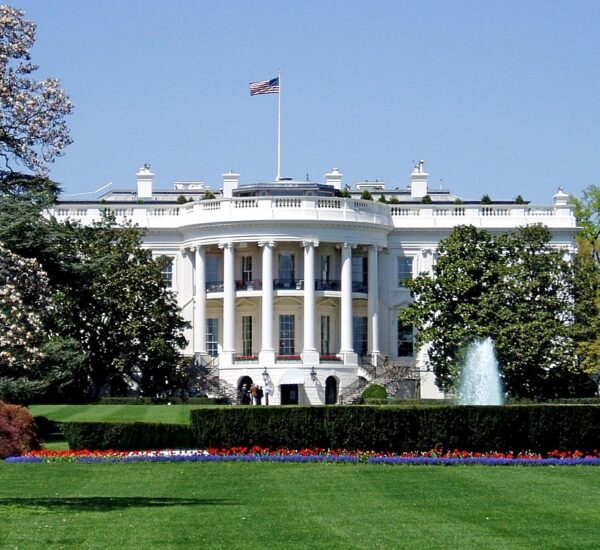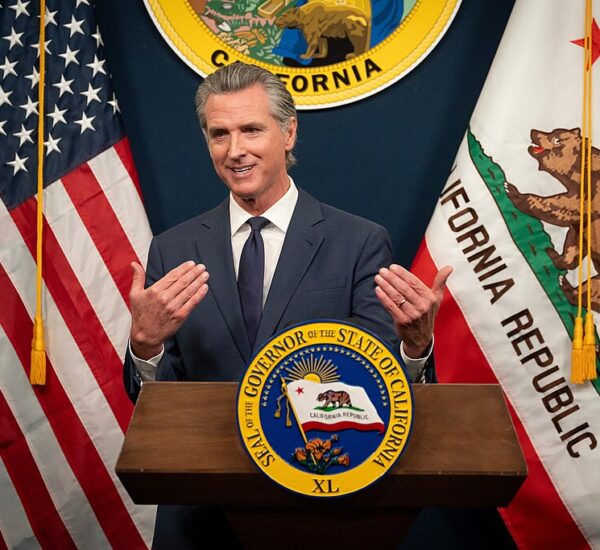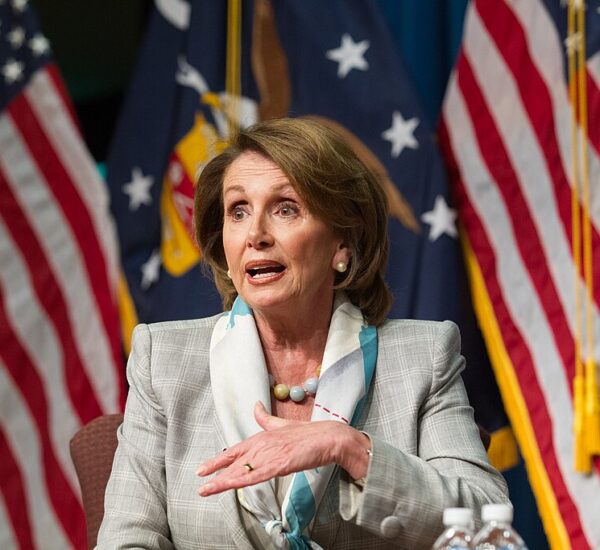Democrat Governor Intensifies Fight With Trump
Maine, one of the smallest and most liberal-leaning states, has unexpectedly landed in the middle of a national battle over Title IX protections, transgender policy in schools, and federal funding enforcement.
This political and legal showdown is grabbing headlines—and for good reason. At stake are not just student athletics and state sovereignty, but the very foundation of biological reality in law.
🚨 What Sparked the Showdown?
In a tense February meeting at the White House, Maine Governor Janet Mills (D) refused to comply with President Donald Trump’s executive order that bars biological males from competing in girls’ and women’s sports.
Her blunt response? “See you in court.”
The Trump administration, now in its second term, wasted no time. The Department of Education immediately opened a Title IX investigation into Maine’s public schools. The next day, the Department of Health and Human Services launched a second probe.
💸 Federal Funding on the Chopping Block
Maine’s refusal to follow federal law didn’t just trigger legal reviews—it sparked a financial chain reaction:
- NOAA halted funding for Maine’s Sea Grant coastal development program.
- The USDA temporarily froze key funding, prompting a federal court dispute.
- Social Security Administration canceled contracts.
- Justice Department slashed grants to the state corrections department.
These measures sent a strong signal: states that ignore federal law will face real financial consequences.
📊 Public Opinion: America Supports Trump’s Position
The majority of Mainers—and Americans—stand with Trump on this issue.
A recent University of New Hampshire survey found:
- 64% of Mainers oppose allowing transgender athletes to compete in girls’ and women’s sports.
National polls are even more decisive:
- A New York Times/Ipsos poll found 79% of Americans oppose biological males in female sports categories.
- A Pew Research survey showed growing support for common-sense gender policies and biological-based sports protections.
🇺🇸 Rep. Libby: “This Is About Protecting Our Daughters”
Rep. Laurel Libby (R) of Southern Maine has become a strong voice in defense of women’s sports. After sharing a controversial post about a transgender athlete, Democrats censored her speech and stripped her voting rights in the legislature.
She’s now suing in federal court, arguing her right to speak out—and represent her constituents—was violated.
Libby joined Attorney General Pam Bondi in Washington, D.C., where the Department of Justice announced a formal civil lawsuit against Maine’s Department of Education for willful violations of Title IX.
⚖️ Legal Experts: Supreme Court Showdown Likely
Maine’s Attorney General Aaron Frey insists the state is in the right, but legal analysts warn the case could escalate.
“This may be the defining Title IX case of our generation,” said legal scholar James Nussbaum. “It’s not just about sports—it’s about how our laws define sex and gender across the board.”
If the issue reaches the Supreme Court, it could reshape federal law for decades.
🏛️ The Big Picture: State Rights vs. Federal Law
Governor Mills argues this is about states’ rights. But critics say she’s using that claim to sidestep federal civil rights law designed to protect girls from unfair competition.
Pam Bondi didn’t hold back:
“I don’t care if it’s one athlete or a hundred—this ends now. Every state will comply.”
Trump administration officials say other noncompliant states—like California and Minnesota—should prepare for similar consequences if they continue allowing biological males in girls’ sports.
🔚 Final Thoughts: Where This Fight Goes Next
This isn’t just another red vs. blue battle. This is about protecting fairness, defending women, and upholding the Constitution.
President Trump’s team has made it clear: federal funding will not support states that ignore federal law.
As legal challenges mount, and the cultural battle intensifies, one thing is certain—Maine’s defiance may have opened the door to a landmark legal showdown that could affect every school district in the nation.







Who the blazes does she think she is – she is nothing but a has been and should disappear from politics forever.